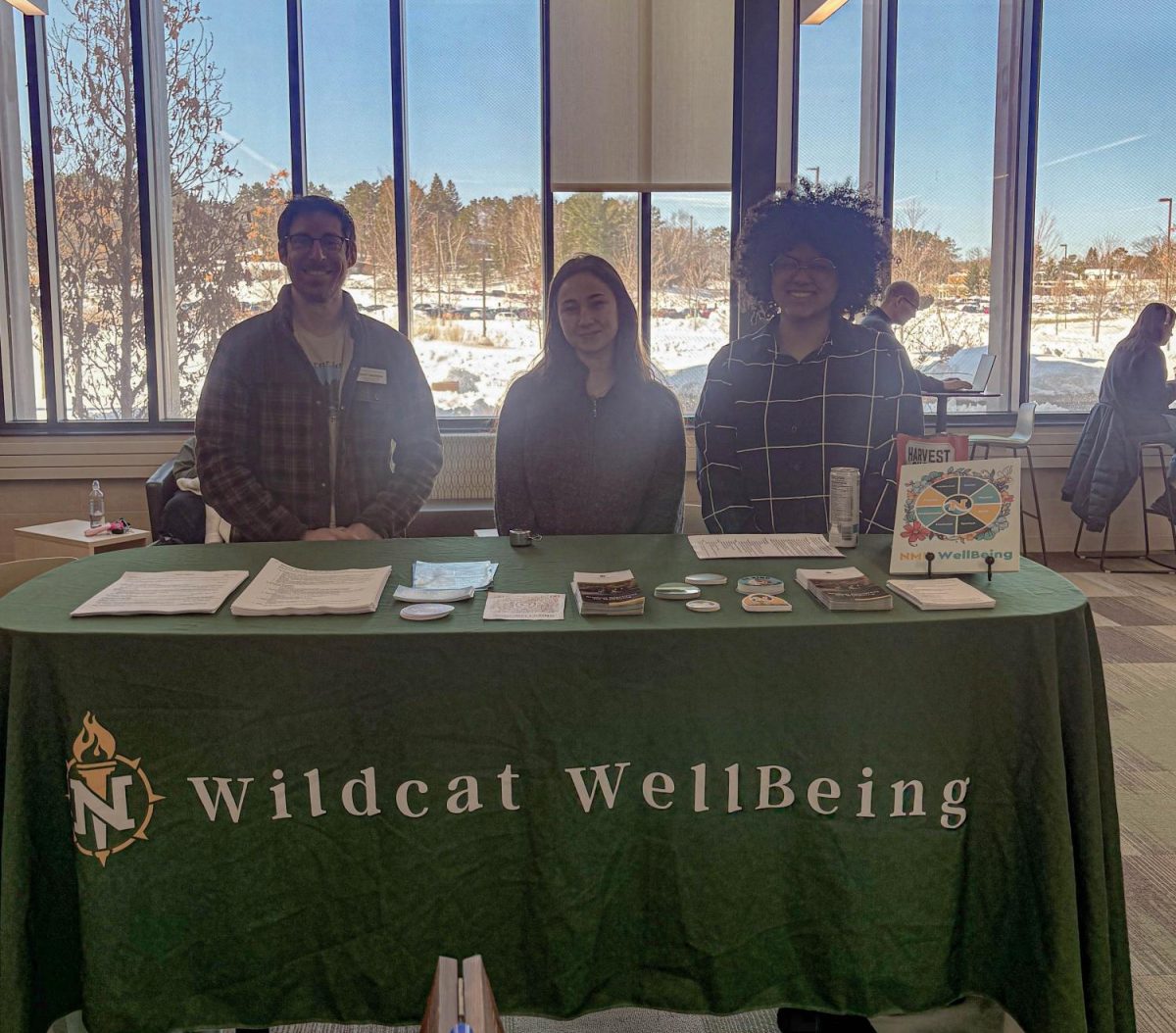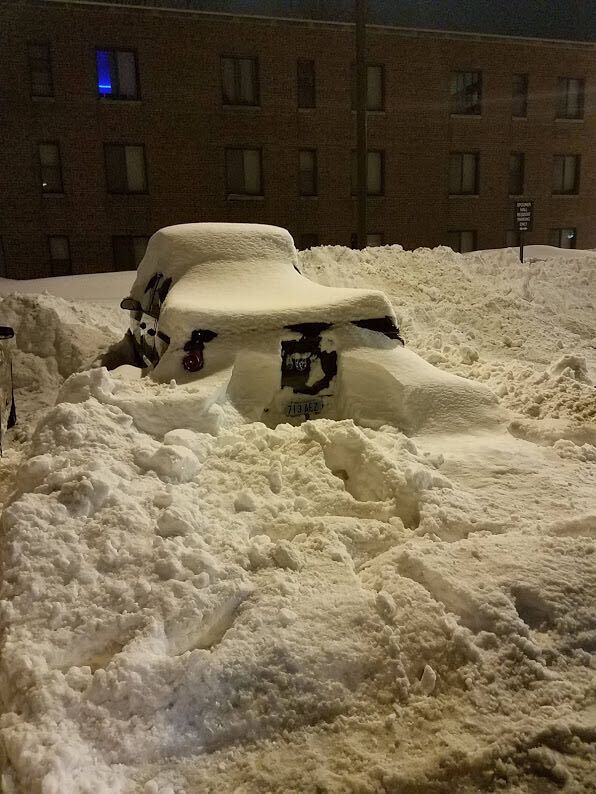For many students, travelling to Marquette can be quite the road trip. Some students are travelling from downstate, others are travelling from outside states such as Ohio, Illinois or even Wisconsin. The upkeep of a vehicle is important to get from one destination to the other safely, but also in keeping up with the vehicle’s health and quality.
As the winter months start to roll in, it is important to remember to still keep up with your vehicle and get scheduled in for the proper check ups such as oil changes, brake pads, tire rotations and simple tune-ups. In addition to checkups, however, it is important to know what to keep in your vehicle in case of an emergency.
While warm clothes, water and a shovel are important things to have in your car, a cell phone is another good thing. Randal Klitzke, associate professor of automotive technology, claims it is assumed most people carry a cell phone, however it is important to remember to keep it charged when going out.
“Some other things to keep with you are a hat and some gloves, [and] extra warm clothes such as a jacket and boots,” Klitzke said. “A flashlight is important to have with you in case you are changing a tire or even trying to get someone’s attention.”
In addition to warm clothes, Klitzke said that everyone should have a good winter emergency kit with proper tools to help get you out of emergency situations. These tools include an ice scraper, jumper cables, a snow brush, a shovel, road flares and extra solvent for windshield wipers.
When travelling around town during a bad snow storm, many of the roads have steeper hills that can be tricky to drive down if there is ice on the road. To make sure that an accident doesn’t occur, Klitzke stressed the importance of planning a route to drive.
“Plan a route that doesn’t involve all the hills. Going south on Lincoln isn’t the best during a snowstorm. Know the roads that don’t have all the hills,” Klitzke said.
Despite all the preparations and safety precautions that students can take to make their vehicles safe and reliable – accidents still do happen and leave you in an emergency situation. The thing to remember though is to stay calm and know your plan to get out safely.
While many carry cell phones, in the off chance that your phone is dead or you don’t have it with you, it’s important to know your surroundings and where you are at. Sgt. Jesse Wernholm, parking services manager, said that if in an emergency situation, to call 911.
“If your vehicle slides off the road and there are any injuries or the vehicle poses a threat to the flow of traffic, you should immediately contact 911 and activate your hazard lights,” Wernholm said. “It is generally safer to stay in your vehicle then try to exit it and expose yourself to other vehicles or the weather, especially during snowy conditions or in the dark. It is best to stay in your vehicle with your heater on. Just make sure your vehicle’s exhaust is properly ventilating.”
On campus, NMU has many services that students can use if they are in a situation where their vehicle is not running properly or needs a tow. Wernholm said that if a student has any issues on campus to call the NMU Police Department.
“If you are broken down or stuck in a traffic zone, activate your hazard lights and wait for a police vehicle to arrive,” Wernholm said. “A police officer will make the scene safe and can help facilitate any arrangements for towing.”
Students may find themselves stuck in parking spots due to the snow build up. Due to the large amounts of snow fall, the NMU Grounds department will schedule lots to be plowed to prevent cars from getting buried as well as making sure that the lots are able to be driven through.
Wernholm wants to remind students to stay clear of the plows the best they can when they are moving snow or other items around campus, as the drivers move in several directions and oftentimes have a difficult time seeing other vehicles.
“Please be cognizant to park in a way that doesn’t compromise efficient and safe snow removal. Be aware of the overnight parking ban on campus, which restricts overnight parking in certain parking lots, and within the city, which bans overnight parking on city streets beginning each November until April,” Wernholm said. “These restrictions were designed for snow removal purposes. An email notice will be sent from the housing department reminding residents of this.”
If a student finds themselves having to park in a lot that is further than what they are used to when lots are closed for plowing, Wernholm said that students should remember to walk in well-lit areas and stay on the sidewalks.
“Be aware of your surroundings at all times, dress appropriately and keep your cell phone handy,” Wernholm said. “The NMU Police Departments also offers the “Safe Walk” Program for those requesting assistance during the hours of darkness 7 days a week.”
The Safe Walk Program is available to all students, employees and visitors while they are on the NMU campus. You will be asked to state your name and location and from there an attendant will be dispatched to meet you at your location.
“Students and employees will be required to show their ID cards and campus visitors can use their driver’s license for identification purposes. Attendants can be identified by their red jackets. Attendants are police department student employees who are carefully screened and selected,” according to the NMU Police Department webpage.
While the winters in Marquette can be harsh, planning ahead and being sure to have proper winter emergency gear, up to date oil changes and tire checks and tuneups, the winters can be manageable.
“The biggest thing though is to let someone know where you are going,” Klitzke said. “If you are going to Jimmy John’s that’s one thing, but if you are travelling to Houghton to see the hockey game, let some friends know.”


























